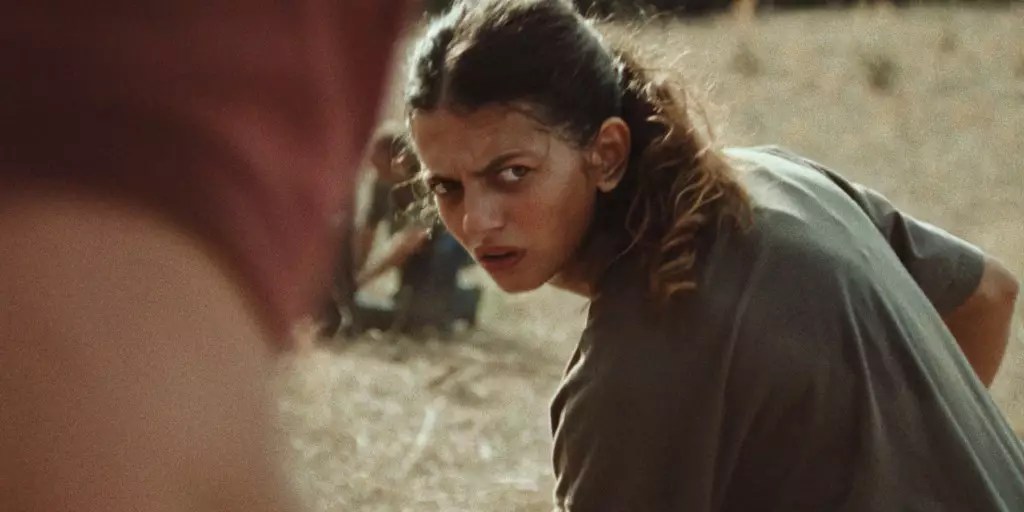In the gripping tale of “The Kingdom,” Lesia, a 15-year-old girl, delves into the dangerous world of Corsican crime families. The storyline follows Lesia’s curiosity about the reasons behind the threats on her life and her father’s secretive dealings. As tensions rise between rival crime clans vying for power in the ’90s Corsica, the peace that once existed is shattered by a car bomb aimed at the president, who happens to be a close friend of Lesia’s father. This event sets off a chain reaction of revenge killings, highlighting the brutal reality of life in the Corsican Mafia.
Lesia grapples with her father’s involvement in criminal activities, yearning for a normal life away from the chaos of the crime world. Despite her desires for a peaceful existence, Lesia is thrust into the heart of the conflict as she witnesses the ruthless nature of the crime families. Her father, Pierre-Paul, serves as a central figure in the story, balancing his responsibilities as a mobster with his role as a protective parent. The complexities of family dynamics and loyalty are portrayed against the backdrop of a society fueled by fear and violence.
Director Julien Colonna’s attention to detail in depicting the Corsican landscape and dialect adds a layer of authenticity to the film. By casting non-actors and incorporating local traditions, Colonna captures the essence of Corsican culture and its deep-rooted connection to the land. The rugged beauty of the Corsican countryside serves as a stark contrast to the dark underworld of crime and power struggles. The clash between natural beauty and human greed underscores the underlying themes of the narrative.
Lesia’s coming-of-age journey is intertwined with her father’s legacy, leading her to confront her own fears and desires. As she navigates the treacherous waters of family vendettas and betrayals, Lesia discovers her own strength and resilience. The father-daughter relationship at the core of the film is a poignant exploration of love, sacrifice, and the enduring bonds that tie families together, even in the face of adversity. Through Lesia’s eyes, we witness the harsh realities of life in a crime-ridden society, where survival often comes at a steep price.
Colonna’s masterful direction transforms “The Kingdom” into a cinematic experience that transcends genre conventions. While the film is reminiscent of a thriller, its epic scope and emotional depth elevate it to the realm of classical tragedy. The dramatic tension is sustained by the haunting score and the nuanced performances of the cast, who breathe life into their characters with remarkable authenticity. The juxtaposition of beauty and brutality in the film creates a mesmerizing visual tapestry that lingers long after the credits roll.
At its core, “The Kingdom” is a timeless tale of family, power, and destiny. Lesia’s unwavering loyalty to her father and her acceptance of his choices as inevitable fate showcase the enduring themes of love and sacrifice. The film’s portrayal of the Corsican Mafia as a tight-knit community bound by tradition and honor sheds light on the multifaceted nature of organized crime. As viewers immerse themselves in the intricate world of “The Kingdom,” they are confronted with the universal truths of human relationships and the consequences of choices made in the name of loyalty and survival.


Leave a Reply